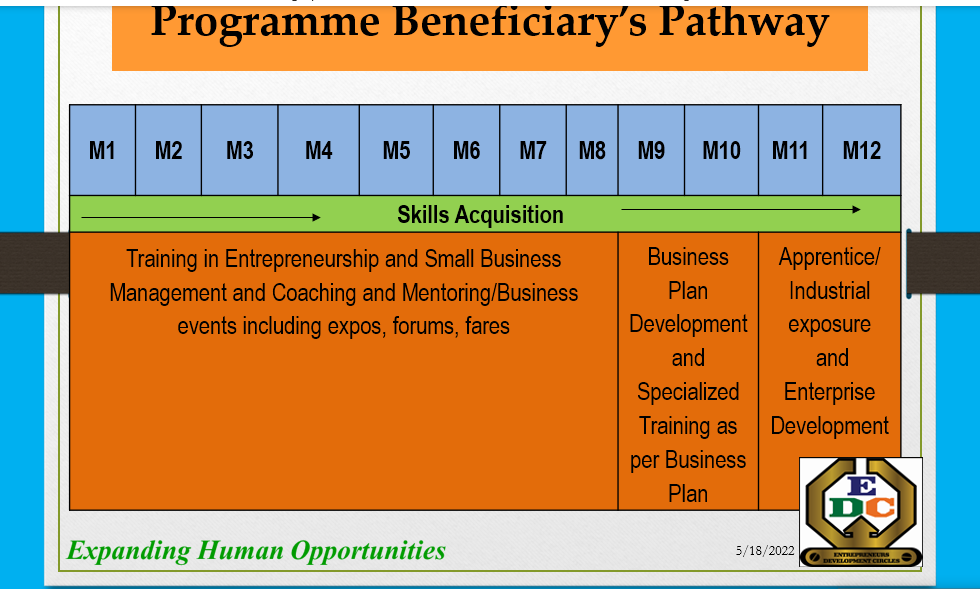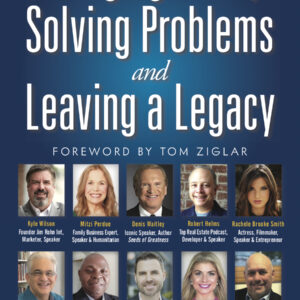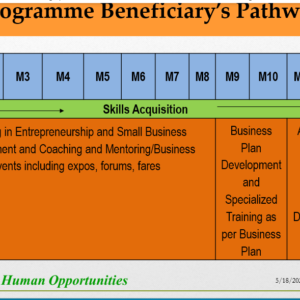Beneficiary Membership Requirements and Benefits
The 2 very critical requirements for this project are becoming a member of the entrepreneurship club either at an institution or in the community and receiving training in Entrepreneurship and Small Business Management. One can apply either as a Gold member or a Silver member and pay appropriate fees as indicated product features include the following:
32 plus Modules
Private hidden courses
Advanced course pricing options
Weekly training meetings
Certificate in Entrepreneurship and Small Business Management
Attendance at district business forums
Mentorship/coaching
Organized industrial tours
Apprentice
Facilitation to open a company
Company shareholding, though Gold members will have a majority shareholding
Funding
It is mandatory that clubs that are ready to transform into enterprises and engage in serious business activities, get registered either with PACRA or the Ministry of Commerce, Trade and Industry, as a limited company or a cooperative respectively depending on their choice. Gold members will be majority shareholders in the companies created. They will also have an opportunity to attend international business forums.
All registered businesses will have to comply with legal business requirements including having a bank account with a commercial bank, business registration with the local authority and tax registration with the Zambia Revenue Authority. This will create an additional formal tax base for the government and contribute to National GDP for the benefit of the general Zambian people.
Programme Differentiation Pillars
Unlike another empowerment initiative we have witnessed, this is the only programme that is holistic in design and it will therefore be anchored on five pillars namely;
a) Solidarity and Networking: This will be achieved through the Entrepreneurship Clubs that will be formed at higher learning institutions and community levels. The programme is highly likely to succeed due to the power of numbers.
b) Skills Acquisition: The project will provide each club member called „The Entrepreneur with an Entrepreneurship Small Business Management manual that will be used during club training meetings. Besides theoretical learning and sharing during club sessions, members will also acquire entrepreneurship skills through organized industrial exposure visits and other related events.
c) Capital Building and Saving culture Encouragement: This will be achieved through the monthly training fees every club member will be paying. While these savings will help members to build capital for their future enterprises, the practice also cultivates a sense of saving and instils financial discipline, a critical characteristic of an entrepreneur.
d) Mentorship/Coaching: The project will identify successful entrepreneurs or business professionals from the business community and attach them to the clubs. These will act as their agents of change and will be providing regular motivational and inspirational talks. Mentors or coaches will also be supplemented with well-selected videos of successful entrepreneurs from around the globe.
e)Skills Application: The first point of skills application will be negotiated opportunities for students in colleges and universities to be given privileges of running businesses in institutions. These businesses will include service and product providers such as tuck shops, carpentry, tailoring, welding and metal fabrication, chemists/dispensaries, business centres, crop and livestock production mechanics shoemaking and mending, and electronics. These will be conducted as part of the extra-curriculum, and students will be taking turns in managing the businesses as guided by the duty roster that they will have developed in order to respond to school/college/university demanding life. The other point of skills application will be industrial placements facilitated by the project and its stakeholders/partners. This will be applicable to both Entrepreneurship Club Members in learning institutions and those at the public/community level. Those in learning institutions will be taking advantage of holidays.
f) Enterprise Development: This is the ultimate purpose of the project as it seeks to create jobs and wealth for the people. Therefore, the project will facilitate the establishment and registration of business enterprises either with the Patent and Company Registration Authority – PACRA or with the Ministry of Commerce Trade and Industry as Cooperatives. The companies that will be formed will start businesses that they will have defined in their business plans developed during the training. These business enterprises will be formed by 15 project beneficiaries as shareholders/company owners.
What are you waiting for?
Join me to be a business owner now…
For Zambian students, we are giving you a 25% discount that will be applied at checkout, please ask your local facilitators for the promotional code.












Eartha –
You have observed very interesting points! ps nice site.Raise blog range
Here is my website :: Christian.C
dipu (verified owner) –
Thank you, Eartha, for your comment.
Kind regards,
CJ Investiment Team